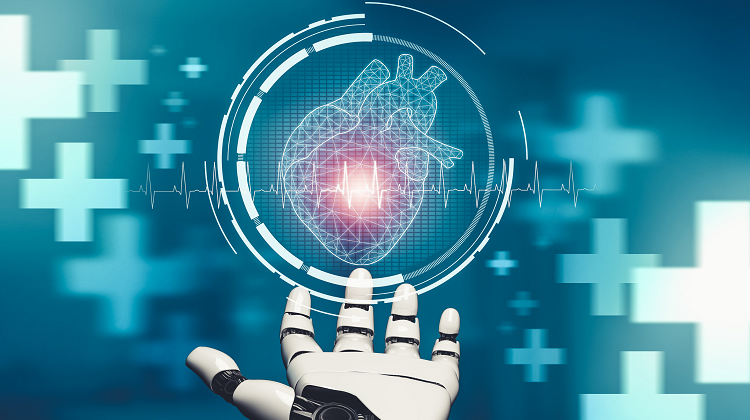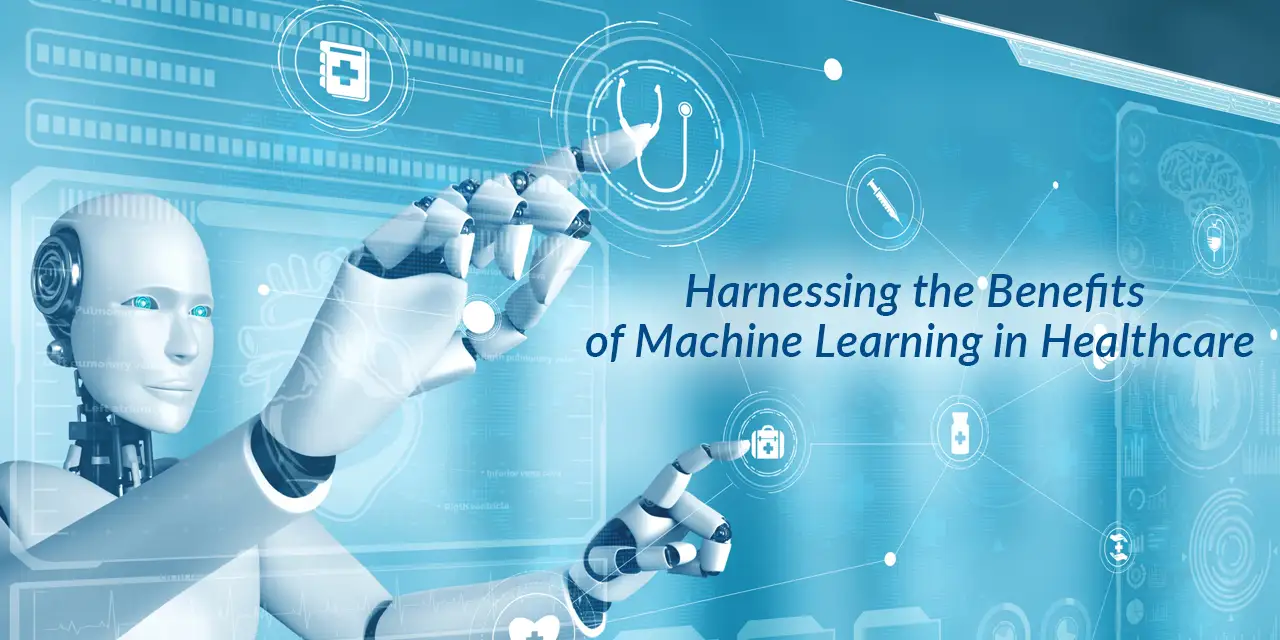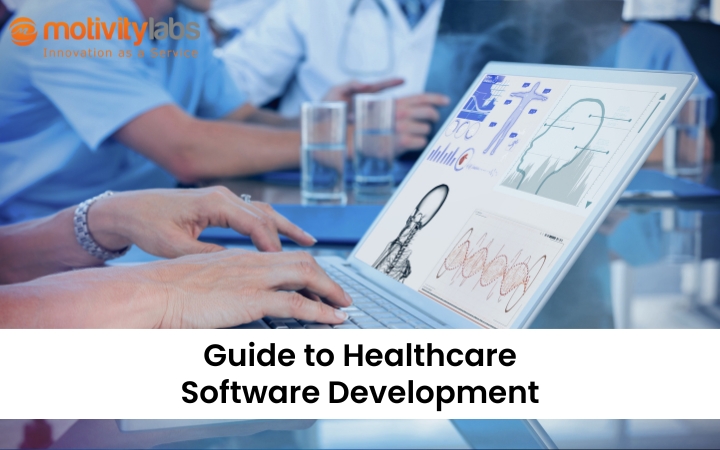Machine learning is essentially software trained to make predictions based on data. ML uses statistical analyses and mathematical models to identify patterns and draw inferences. The technology has various applications, such as image and speech recognition, email filtering, and grading systems, as well as several in the healthcare domain, amongst several others. We shall examine the importance and benefits of machine learning in healthcare, not overlooking the challenges it faces.
What is Machine learning, and why is it important for Healthcare Organizations?
Machine learning, a field within AI, allows software to learn and make predictions based on data without any programming involved. Machine learning’s ability to analyze large amounts of data and infer patterns is bringing about radical changes in the healthcare industry.
Personalized treatment regimens and earlier disease detection are made possible by machine learning algorithms’ analysis of enormous volumes of patient data. The use of AI and ML in healthcare makes it possible to actively prevent disease by using predictive analytics to identify those who are most likely to develop a particular condition, enabling early intervention and tailored preventive actions.
We will elaborate on the benefits of machine learning in healthcare in another section below.
How is Machine Learning Used in Healthcare?
Large amounts of medical data are processed and analyzed by AI and ML in healthcare systems, giving medical practitioners useful information that they can use to make decisions. Machine learning for healthcare algorithms uses patient data to customize treatment strategies. Uses of machine learning in healthcare can predict disease outbreaks, readmissions of patients, and other occurrences.

AI and ML in healthcare aid in the interpretation of medical images like X-rays and MRIs, helping detect abnormalities and diseases at earlier stages. Uses of machine learning in healthcare accelerates drug discovery by identifying potential compounds and predicting their effectiveness. Natural Language Processing (NLP) models can extract insights from unstructured clinical notes, making patient histories more accessible. Machine learning for healthcare analyzes genomic data to identify genetic predispositions and tailor treatments accordingly.
Benefits of Machine Learning in Healthcare
There are several advantages of machine learning for healthcare.
1. Improvement in Diagnosis
AI/ML algorithms increase the precision of disease detection and accuracy of diagnosis while lowering errors.
2. Developing new treatments
Machine learning expedites drug development and identifies innovative treatment options.
3. Enhanced patient experience
Personalized care, predictive analytics, and streamlined administrative processes improve the overall patient experience.
4. Reduced operational costs
Automation of administrative tasks, optimization of resource allocation, and early intervention can lead to significant cost savings.
5. Better Tracking
Continuous monitoring of patient data enables timely interventions and improved disease management.
While none of these, individually, can be attributed explicitly to the use of ML; collectively, they represent the substantial benefits of machine learning in healthcare.
Challenges of Machine Learning in Healthcare
While the prospects of machine learning for healthcare are promising, there are significant challenges to overcome. Managing sensitive patient data while ensuring privacy and security is a constant concern. ML models heavily rely on data quality; biased or incomplete datasets can lead to erroneous results. Meeting regulatory standards, such as HIPAA, while implementing ML is a complex task. Seamless integration with legacy healthcare systems has and will always be a challenge.

Conclusion
Uses of machine learning in healthcare holds enormous potential in the evolution of modern healthcare systems. Its ability to harness the power of data, use it to make accurate predictions, and personalize treatment plans, is fundamentally reshaping the industry. However, healthcare organizations must reconcile the challenges of data privacy, inherent bias in the training data, regulatory compliance, and legacy integration to fully capitalize on the benefits of this technology. If challenges are addressed, there is no limit for where this technology can take humanity.



